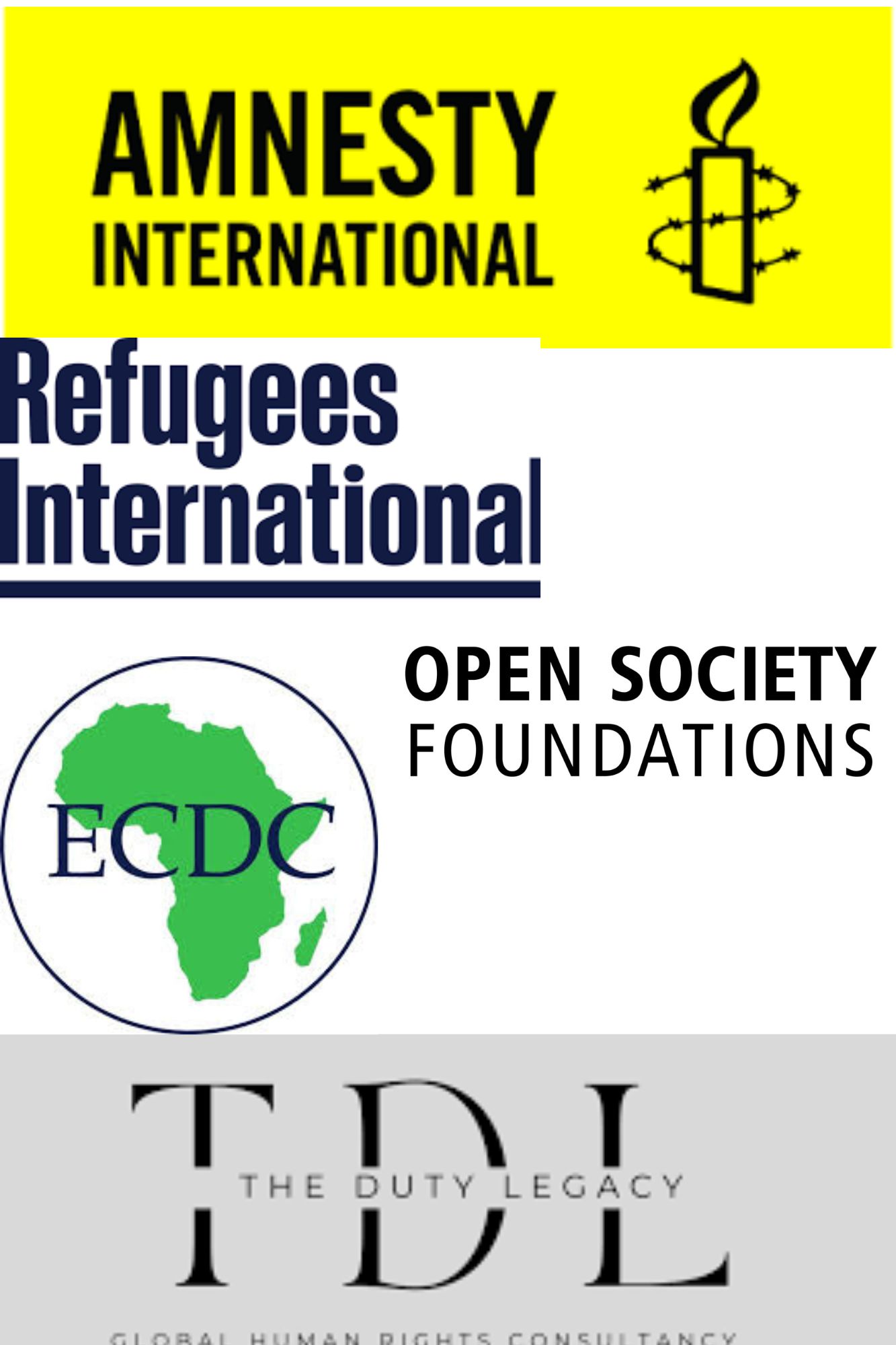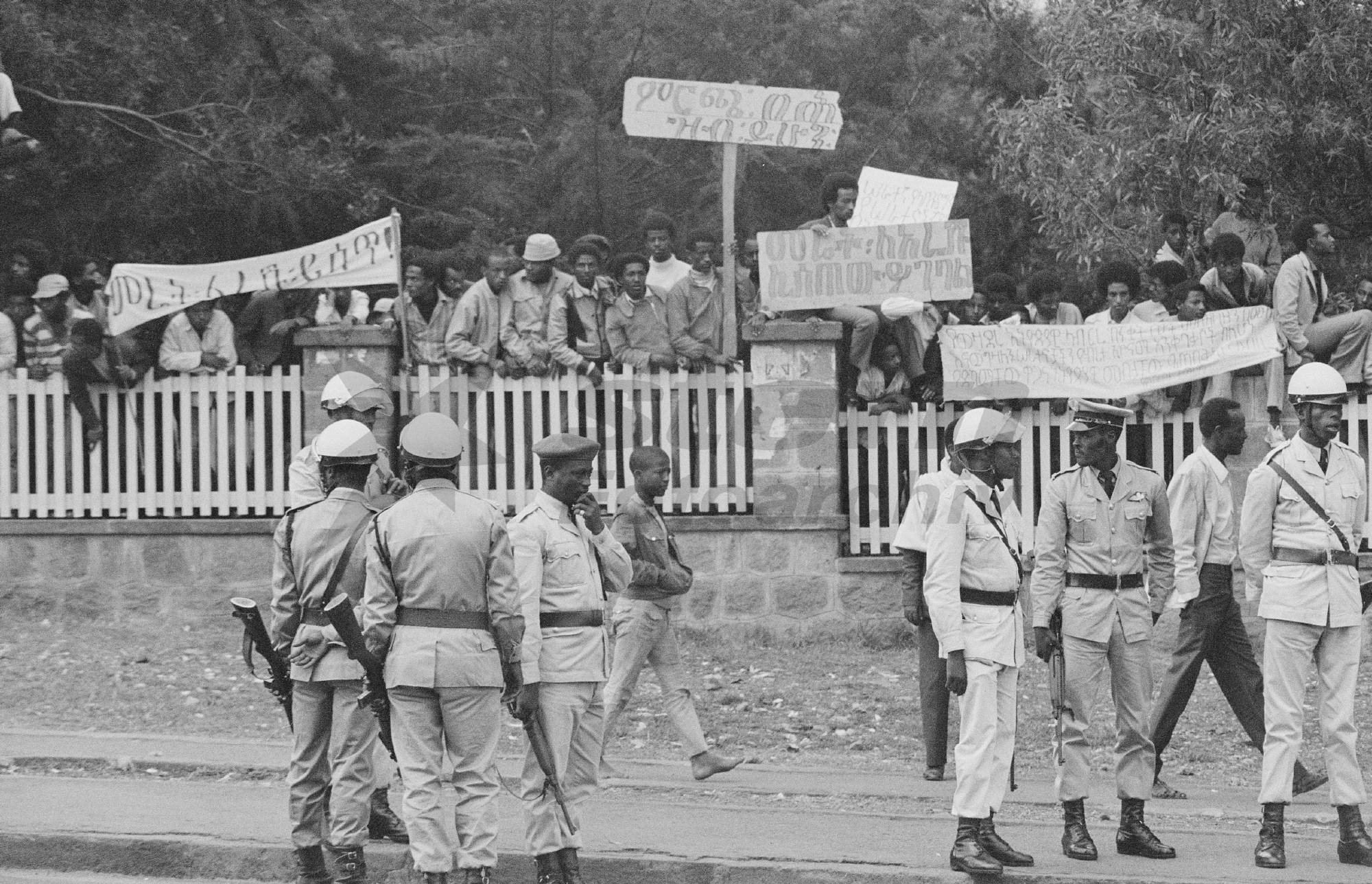The Fano Movement and the Future of Ethiopia’s Social Contract

In a recent interview, Dr. Dagnachew Assefa, Professor of Philosophy at Addis Ababa University, made what is widely regarded as disparaging remarks about the Fano movement—a popular resistance movement in the Amhara region of Ethiopia. Dr. Dagnachew claims: “Fano has no ideas” and the Fano movement “doesn’t represent a paradigm shift” in Ethiopian politics.
Not only is Dr. Dagnachew’s assessment inaccurate, but it is also intellectually disingenuous and contradicts much of his own past public statements regarding the “existential threat the Amhara people and region are facing” and the failure of the Abiy Ahmed regime to “uphold its duty” of protecting citizens, ensuring peace, security, and stability. According to Dr. Dagnachew, in such circumstances, it becomes the duty of citizens to ensure their own security, hold the regime accountable, and chart a new social contract. This is precisely the rationale for the Fano movement, according to Prof. Geta Asrade, Head of the Political Division of Amhara Fano Popular Organization.
Core Ideas of the Fano Movement
In contemporary Ethiopian politics, profound and time-tested ideas are propelling the Fano movement—ideas that are the bedrock of society, politics, political philosophy, and morality dating back to the 1600s. What are these ideas?
In addition to the unjust war of aggression launched against Amhara and Fano’s just cause of self-defense and survival, Fano’s struggle recognizes that Ethiopia’s social contract is inherently divisive, unjust, and has disintegrated. Consequently, there is an existential need to reconstitute a new and inclusive social contract underpinned by freedom, justice, rule of law, and equality for all Ethiopians.
To this end, firstly, the Fano movement has awakened, collectivized, and operationalized Amharas to defend themselves—intellectually and militarily. Throwing off the yolk of more than 50 years of systemic attacks, subjugation, and oppression.
Secondly, to the collective endeavor of charting a truly just and democratic path for Ethiopia, Fano has called on all Ethiopians to join the cause.
This amounts to a paradigm shift—both theoretically and operationally. And ultimately, a fundamental change in the way people, and in particular a critical mass of Amharas, think and engage. In other words, take collective action.
Rather than genuinely addressing these foundational ideas of self-defense, social contract theory, justice, rule of law, and democracy that imbue the Fano movement, or recognizing the mounting grievances of not only Amharas, but all Ethiopians — which he had done in the past — Dr. Dagnachew, in his most recent statement, attempts to create political cleavages within the popular resistance movement.
This approach is a notable departure from his position not long ago in which he emphatically stated: “I believe the Prosperity Party leadership accepts the false narrative that vilifies Amharas, we see many signs of this, and when I ponder on why that is the case, I come to the conclusion that it is because they grew-up with these hateful narratives of vilification—there is no epistemic break in this narrative of Amhara vilification.” Perhaps the Fano movement, in its struggle to defend and liberate Amharas, while charting an inclusive and democratic social contract for all Ethiopians, is the beginning of the epistemological break.
Concluding Remarks
Ethiopians now have ample evidence that, in contemporary Ethiopian politics, the political entity that lacks ideas is not the Fano movement, but rather the beleaguered Abiy Ahmed regime.
With its sloganeering, including the vacuous “medemer” and the nonexistent “prosperity” discredited, the Abiy regime has resorted to ruling by the barrel of the gun, including engaging in extrajudicial killings and targeting civilians and civilian infrastructure with drone strikes. The war crimes and crimes against humanity being committed in the Amhara region and beyond will only strengthen the resolve of citizens to resist the Abiy regime’s tyranny and further bolster the legitimate cause of the Fano movement.
About the Author:
Biruk Haregu is a Ph.D. candidate at the Schar School of Policy and Government and a Graduate Research Assistant at the Institute for a Sustainable Earth. With a focus on international development policy and Africa’s political economy, his research spans agricultural policy, food security, and the impacts of climate change in developing countries. He has authored numerous scientific articles and opinion pieces addressing political, economic, and security issues in the Horn of Africa. Prior to his current studies, Biruk worked with the UN Economic Commission for Africa, contributing to key environmental and economic policy initiatives.
Editor’s Note: The views expressed in articles published by East African Review are those of the individual authors and do not necessarily represent the perspectives of the editorial team or East African Review as an organization. The publication of any opinion piece does not imply endorsement by East African Review. We encourage our readers to critically assess the content and form their own opinions. We welcome your feedback and reflections; please share them in the comments below or email us at [email protected]




